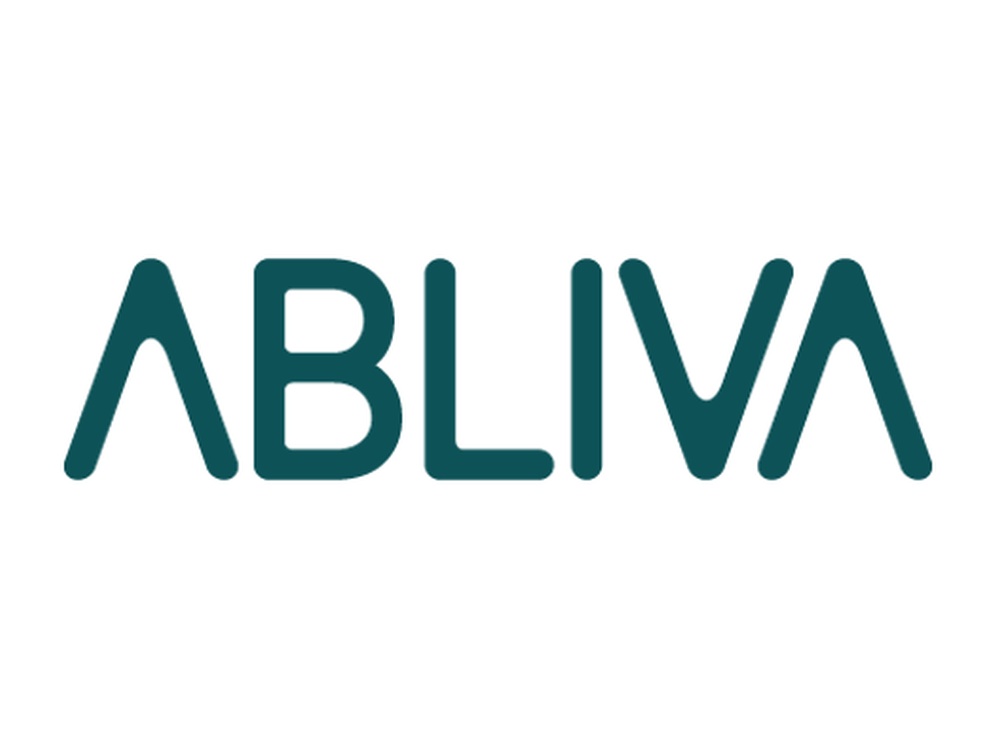What is this study about?
The FALCON study is investigating whether the study medicine, KL1333, improves fatigue levels and physical abilities of people living with mitochondrial disease. The investigators are also evaluating the tolerability of the study medicine.
KL1333 is a new drug under development. To date, 116 people have been given KL1333 in three clinical studies. In all these clinical studies, KL1333 was considered safe and well tolerated with no safety issues reported. Laboratory and some clinical study data have indicated that KL1333 improves energy production in cells and may improve fatigue levels and muscle function.
Who can take part?
You may be eligible to participate if you:
- Are 18 years or over.
- Have a confirmed mitochondrial disease diagnosis due to a known disease-causing gene mutation or deletion in the mitochondrial DNA.
- Are experiencing chronic mitochondrial fatigue and myopathy (muscle weakness and/or exercise intolerance).
- Are not involved in any other ongoing clinical study.
Other criteria will need to be met to confirm your eligibility for this study, the research team will carry out additional checks/assessments during a first visit to the clinic (screening visit) to make sure you are eligible.
What drug is being tested?
The study medicine used in this study is called KL1333.
During the treatment period, participants will be randomly assigned (like picking straws) to receive either the study medicine (KL1333) or placebo (no active medication). For every five people, three will receive KL1333 and two will receive placebo. The study medicine (or placebo) is given twice daily in tablet form for 48 weeks.
What’s involved in taking part?
Participation in the FALCON study involves eight clinic visits of which three may be conducted in your home (remote visit). During the remote visits, a home health nurse will come to your home to perform some of the procedures, and you will have a video call with the study doctor. In addition, there will be monthly phone visits.
- Screening and baseline period: 8-12 weeks before starting with the treatment.
- Treatment period: 48 weeks.
- Safety follow-up period: 5 weeks after you finish with treatment.
During the clinic and home visits you will undergo a series of tests and procedures, such as blood samples, questionnaires, and a test of your strength and endurance of your lower body (30 seconds sit-to-stand test). During the phone visits you will discuss any side-effects you are experiencing and any medications and supplements you have been taking with the study doctor/nurse.
Will there be any costs associated with my participation in the study?
There are no costs for you if you take part. You will receive the study drug, KL1333 or placebo, at no cost and you will not be charged for any study-related procedures.
Any reasonable journey costs (cost of fuel, bus or railway tickets) and subsistence costs will be reimbursed to you, provided they are supported by valid receipts. If you agree, there will be a specialist company that will provide personalised travel support. The company will book and organise payment for hotel accommodation and ground transportation, as well as reimburse travel related expenses: meals, parking, mileage.
Where is the study taking place?
The study is funded by Abliva-Pharming Technologies and in the UK it is running at Cambridge, Newcastle and University College London (UCL).
Are there any risks?
The study involves a series of standard clinical tests that are routinely carried out in clinical practice. This includes blood samples and exercise tests. Taking blood samples may cause some discomfort or bruising and can cause some people to faint. All of the study and physical tests are safe and routinely used in the clinics.
KL1333 has been given to healthy volunteers and to mitochondrial disease patients in previous clinical studies, in total to 116 people. In all these clinical studies, KL1333 was considered safe and well tolerated with no safety issues reported. The most common side effects reported have been abdominal discomfort, distention or pain as well as diarrhoea and nausea.
Everyone taking part in the study will be monitored for any adverse effects, however the study team does not know all the effects that the study drug may have on you and side-effects that have not happened before may occur.
Who will benefit?
You may or may not benefit from taking part in this study. However, in the future other people may benefit from this research.
How do I find out more?
If you think you might be eligible and are interested in taking part in this research, or would like any further information, please contact the study team directly:
Cambridge:
Department of Clinical Neurosciences, Addenbrooke’s Hospital, Cambridge
Contact study team: [email protected]
University College London:
Queen Square Centre for Neuromuscular Diseases, 8-11 Queen Square, London
Contact study team: Louise Germain (Clinical Research Nurse) [email protected]
Telephone 0203 108 6308
Newcastle:
Royal Victoria Infirmary – The Newcastle Upon Tyne Hospitals NHS Foundation Trust
Dr Oksana Pogoryelova (Clinical Trial Lead in Mitochondrial Disease) [email protected]
Telephone: 0191 282 3008

